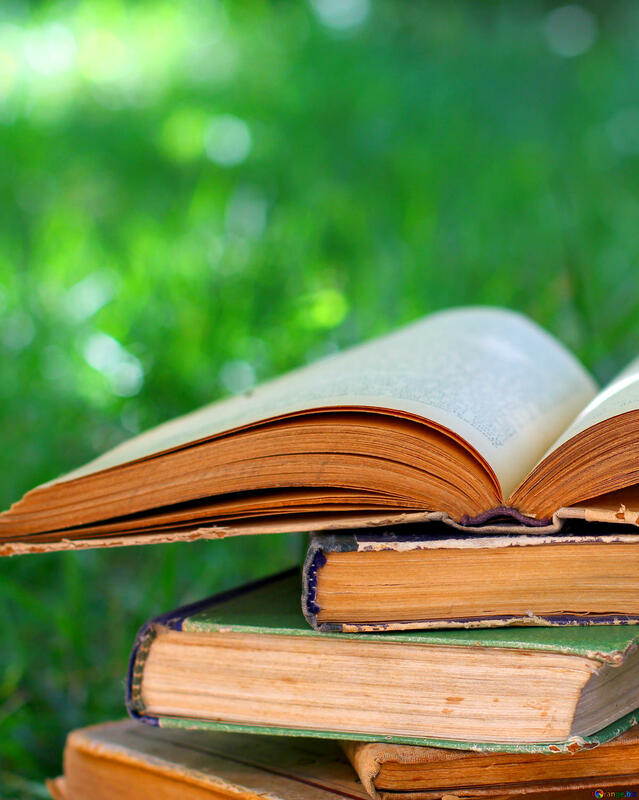|
B. Venkat Mani (University of Wisconsin, Madison)
The Nobel Prize in Literature was the fourth of the prize categories established by Alfred Nobel in his will (1895). Nobel intended the award for someone who “had produced the most outstanding work in an ideal direction.” The task of evaluating contemporary non-European literatures became a source of anxiety for the Nobel Committee set up in Stockholm. The committee found itself woefully inadequate to judge literatures from around the world; two members of the Swedish Academy reportedly “spoke strongly against accepting Nobel’s legacy, for fear that the obligation would detract from the Academy’s proper concerns and turn it into ‘a cosmopolitan tribunal of literature.’" I reconstructed this story in my book Recoding World Literature. I knew that the cosmopolitan tribunal would also at times turn into a war tribunal in the name of neutrality, giving the prize, for example to Winston Churchill in 1953, for his "mastery of historical and biographical description as well as for brilliant oratory in defending exalted human values.” This was only done when the committee "felt that a sufficient distance from the candidate’s wartime exploits had been gained, making it possible for a Prize to him to be generally understood as a literary award.” The Committee today decided to give the Nobel Prize 2019 to the Austrian author Peter Handke, for his "influential work that with linguistic ingenuity has explored the periphery and the specificity of human experience.” So it seems like members of the Swedish Academy, who probably read Handke in the 1960s, 70s, or 80s, collectively thought the following: we gave it to Bob Dylan, who then snubbed the academy, so now let’s indulge in our own Publikumsbeschimpfung and give it to a man who writes with “linguistic ingenuity” about the “human experience” in his trivialization of the genocide, ethnic cleansing, and rape during the Balkan Crisis of the 1990s. In 1999, Salman Rushdie named him the runner-up for "International moron of the year" in the Guardian, for his series of impassioned apologias for the genocidal regime of Slobodan Milošević. Handke appeared at Milosevic’s funeral, apparently because he saw what others could not see. Today, in giving Olga Tokarczuk the Nobel Prize 2018—a formidable feminist author who writes with uncommon facility against the rise of exclusionary ethnonationalism and through the deployment of a wonderful border-poetics, as Dr. Karolina May-Chu has compellingly theorized—the Swedish Academy could have reasserted their credibility after the 2016 fiasco. But no. They chose Peter Handke, who in 2014 wanted the Nobel Prize abolished. It seems like akin to Churchill, now enough distance had been acquired. The public is stupid and forgetful, so we will just sneak this in. No, we have not forgotten. By choosing Peter Handke, the members of the academy have indulged in an unflinching endorsement of a genocide denier. If they were trying to insult the literary readership, they have insulted themselves. Anyone who is celebrating this award is insulting the very dignity of human beings. Today is a great day for Olga Tokarczuk, a great day for Polish Literature and World Literature. It’s certainly not a great day for literature in the German language. And an insulting day for the Swedish Academy.
0 Comments
|
Editorial Collective & Submission Information
The DDGC Blog is edited by an editorial collective. For more info about the collective and extensive submission information, click here. We want to amplify your ideas. Have an idea for a short or long post? We'd be glad to talk about it and help you get it published. Archives
January 2023
|

 RSS Feed
RSS Feed
